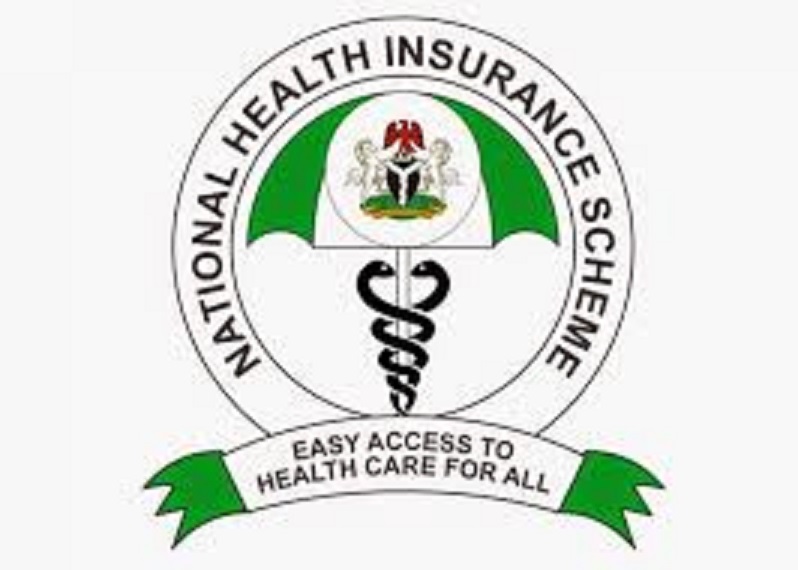The National Health Insurance Scheme (NHIS) says it does not recommend use of substandard drugs for its enrollees, contrary to belief by a section of the public.
Its South-West Zonal Coordinator, Mr Chinyere Nduaka, made the clarification in an interview with the the News Agency of Nigeria (NAN) in Ibadan, Oyo State.
Nduaka, also a General Manager, spoke against claims of some enrollees that they were receiving poor healthcare services and substandard drugs in their hospitals.
“NHIS does not recommend use of substandard drugs, anyone who says that is misinformed.
“NHIS uses what is called essential drugs list derived from the Federal Ministry of Health and the World Health Organisation (WHO); it is an international document.
“It is appropriated by every country and modified to suit its needs.
“I can assure you that generally speaking, there is no hospital or medical personnel that will deliberately buy fake drugs and give to their patients.
“So, what is given to NHIS enrollees is what is given to multitude of people,” he said.
Nduaka further disabused the notion that low-priced generic or local copy of drugs were fake drugs.
According to him, the cost of manufacturing a drug that has already been invented is cheaper than developing a new one.
“Generally speaking, the essential drug list record drugs as generic, which is the chemical name of that drug; it is companies that make drugs that give them brand names.
“Pharmaceutical companies that innovate new drugs are provided patents or market exclusivity when it is first made available, because they would have spent a lot of money on research, clinical trail, publicity and marketing.
“During this period, such companies enjoy what is called patent right, no other company will make that drug except you, you make it and sell in your brand name to recoup money spent and the drugs become known by its brand name.
“After the patent period, potential competitors who didn’t invest in research, development and marketing can manufacture the drug, enter the market, and sell a generic copy of the drug at a very low price,” he said.
The zonal coordinator said that the NHIS procure generic drugs over brand-name drugs to help it live up to its mandate of providing easy healthcare services to all Nigerians at an affordable cost.
“In this country, there is often this belief that anything cheaper is of no quality, that is not necessarily true in this aspect;
” But that is the driving mentality that creates this distortion, misleading comments about the drugs that are used under NHIS.
“We recommend generic, which is not necessarily an innovator drug, because it is more expensive.
” We are trying to curtail cost, so that the money can be available to satisfy more people and make the scheme sustainable.
“More importantly, the same acceptable parameters like safety and effectiveness used by the regulatory bodies to register an innovator drugs when it was first discovered, are those parameters used for a generic drug.
“Treatment failure can arise for different reasons not having anything to do with the brand of the drugs.
“Treatment failure may be because of misdiagnosis and not seeking early medical intervention,” he said. (NAN)

 Join Daily Trust WhatsApp Community For Quick Access To News and Happenings Around You.
Join Daily Trust WhatsApp Community For Quick Access To News and Happenings Around You.

